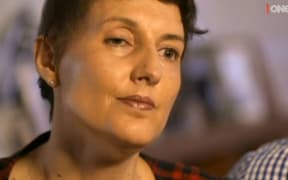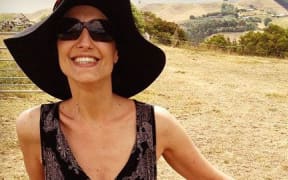Terminally ill people with access to assisted dying actually live longer, overseas experts have told a judge considering a Wellington woman's request to die on her terms.
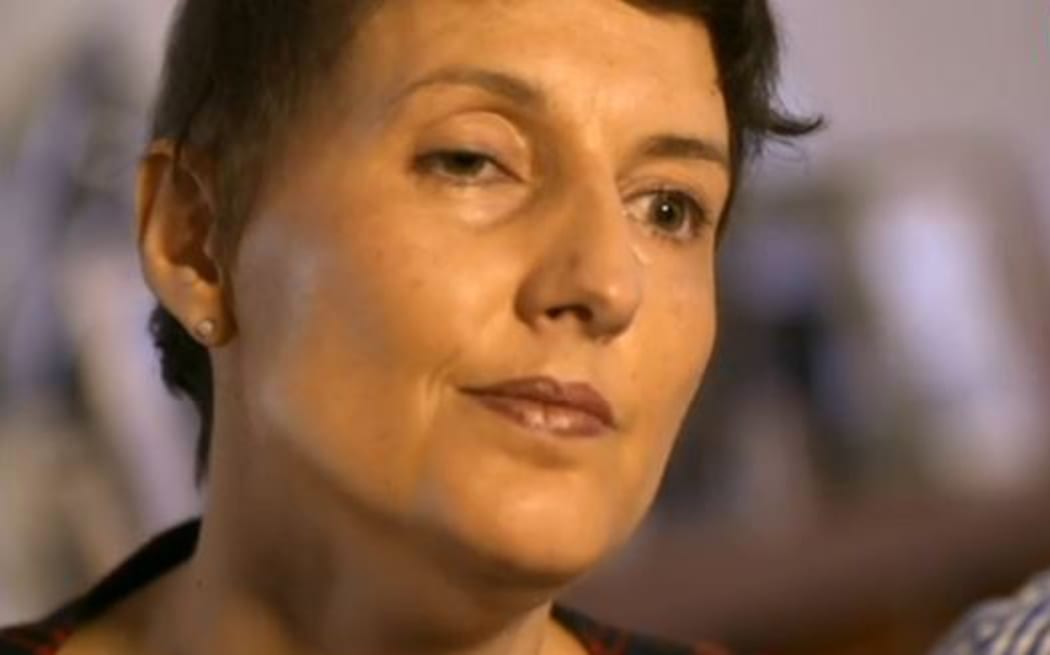
Lecretia Seales on TVNZ's Sunday programme. Photo: TVNZ
Lecretia Seales, 42, has terminal brain cancer and is taking historic legal action, asking the High Court for a ruling which would ensure her doctor would not be charged if she helps her to die.
Her statement of claim argues if a doctor cannot lawfully help her die, then she will face a choice between taking her own life, or suffering a slow and painful death.
The case opened in the High Court at Wellington yesterday with Ms Seales' lawyer, Andrew Butler, painting a picture of the person she is, and why who she is means she cannot bear the thought of a terrible and undignified death.
He repeatedly spoke of her determination throughout her life, from achieving her childhood aspiration to become a lawyer to paying off her student debt in just three-and-a-half years.
She was determined now to say goodbye well, and to her that meant deciding when enough was enough and having her doctor help her to die.
"I do not lack courage. If my death is manageable, I should be the one to manage it," Ms Seales said in her affidavit, read by Dr Butler.
"I want to live as long as I can but I want to have a voice in my death and say 'enough'."
Dr Butler also read an affidavit from Ms Seales' doctor, who has name suppression, who said she would help her patient die as long as she will not then be charged.
Her doctor said it would give Ms Seales great comfort to know how she would die, and Dr Butler gave evidence from overseas experts to back that up.
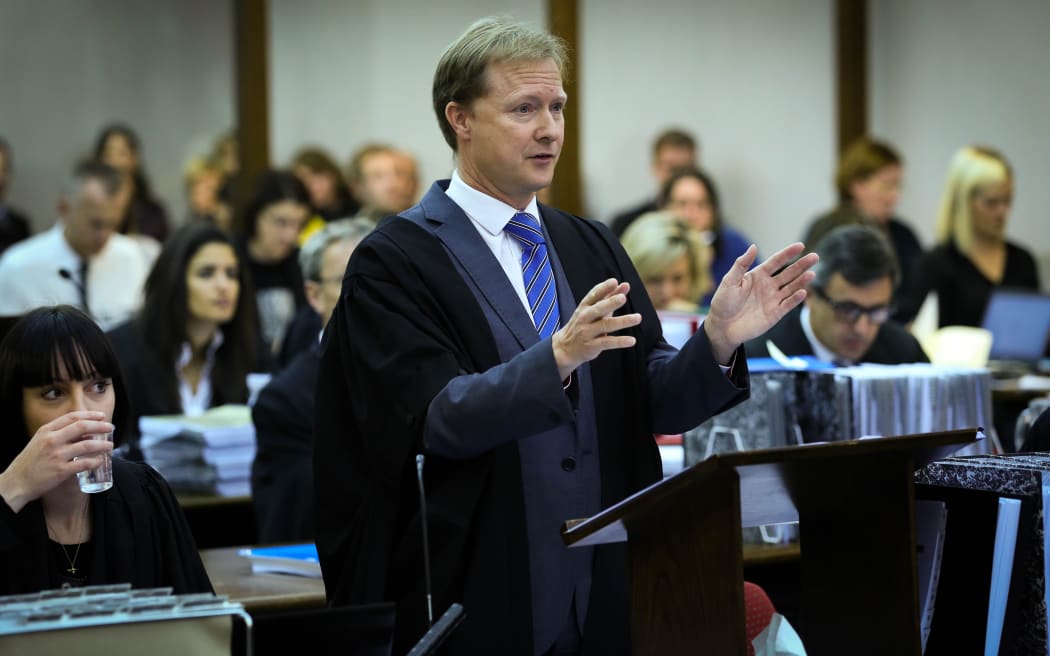
Photo: RNZ / Alexander Robertson
In Oregon, in the United States, people with fewer than six months to live can access assisted dying through a prescription from their doctor.
An expert said in an affidavit she believed simply having that prescription helped the patient live longer, and with a better quality of life, as they had control.
Another expert told of a man who killed himself when told he might not meet the criteria, that he would need to see a consultant to make sure he did; a woman who did meet it sought assurance from her doctor that she would get a prescription should she want it, then went home and concentrated on her husband, children and "writing inspiring poetry".
Ms Seales was recently told she had months at the most to live, and possibly just weeks, and she was in a wheelchair for the hearing, sitting next to her supporters.
Her close family and friends sat in an area of the court usually used by a jury, and the public gallery was packed with people from both sides.
One of those who does not support Ms Seales is Dr Huhana Hickey, a member of Not Dead Yet Aotearoa, who is also wheelchair-bound.
Dr Hickey told Radio New Zealand outside the court she had a variant of multiple sclerosis which never went into remission, and had also survived stage three breast cancer.
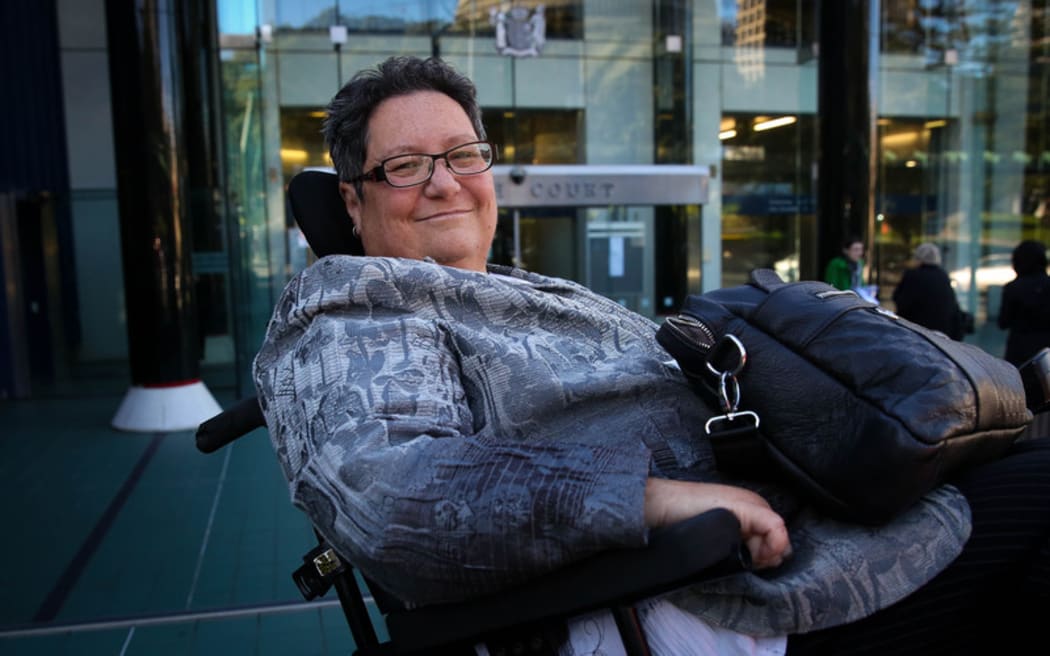
Dr Huhana Hickey, a member of Not Dead Yet Aotearoa. Photo: RNZ / Alexander Robertson
However, she did not want to die and did not believe it was a bad thing to have to depend on others for care.
"I'm not afraid to die and I'm not afraid to live," she said.
Ms Seales' team will today wrap up their case before Solicitor-General Michael Heron presents the Crown's case as to why what Ms Seales is asking for is against the law.
Justice Collins may also ask for oral submissions from lawyers for the Voluntary Euthanasia Society, the Care Alliance and the Human Rights Commission.
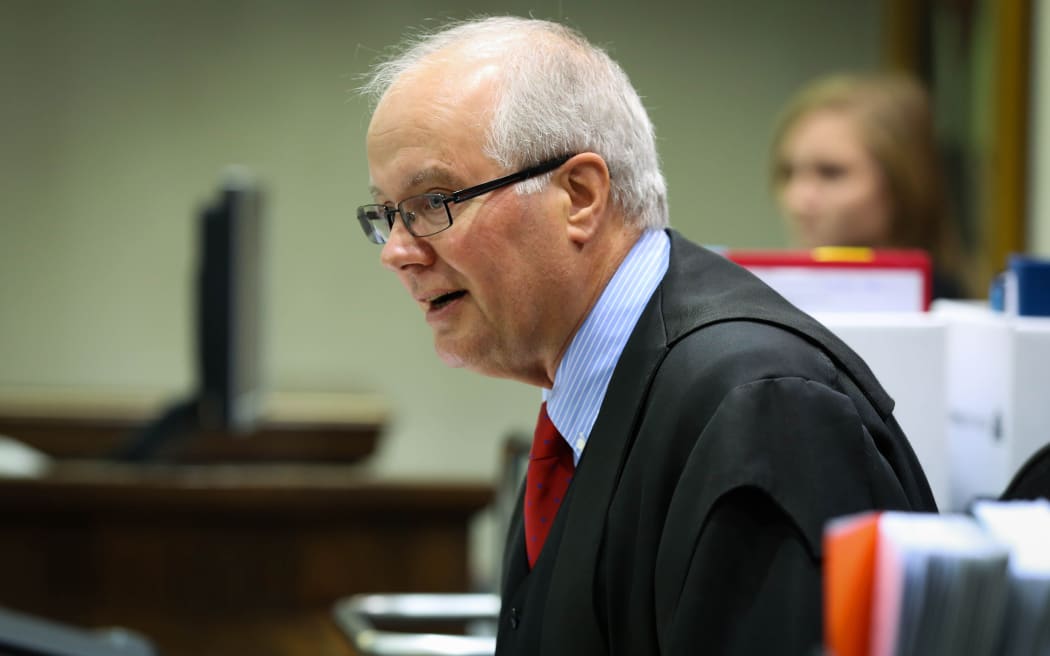
Photo: RNZ / Alexander Robertson
